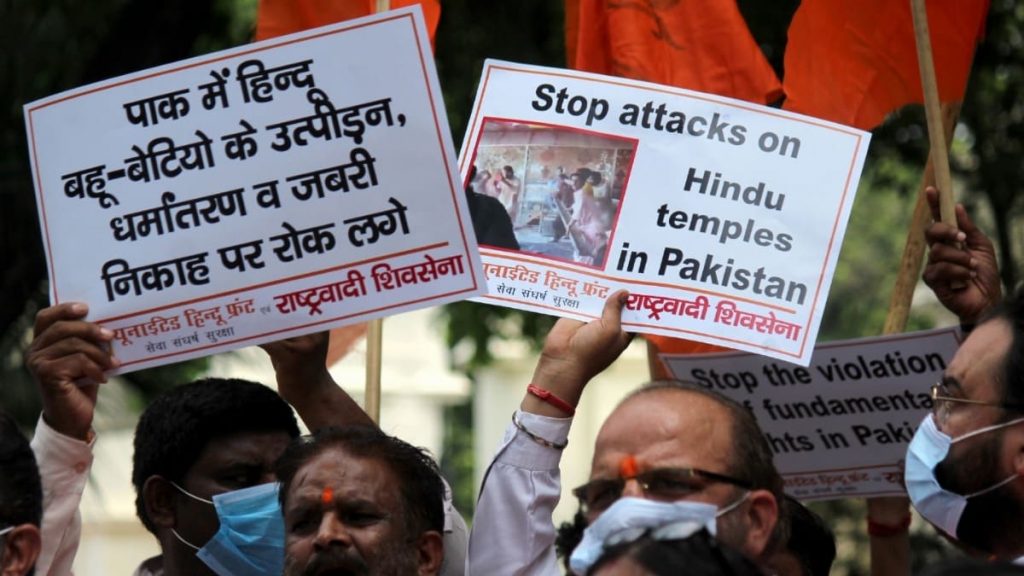The Citizenship Amendment Act (CAA) is to protect the minorities who have faced persecution in the three Islamic countries for the past 70 years.
Union government has stated this in a late Sunday evening filing in the Supreme Court.
“The CAA is a benign piece of legislation providing Indian citizenship to Hindus, Sikhs, Jains, Parsis and Christians living in Pakistan, Afghanistan and Bangladesh,” said the centre.
The Modi government filed the affidavit a day before the hearing of a bunch of petitions. These petitions have been pending since 2019. They challenged the act due to exclusion of Muslims from the minorities permitted to get Indian citizenship if they had entered India on or before December 31, 2014.
“The CAA is a narrowly tailored legislation. It is seeking to address the specific problem which awaited India’s attention for solution for several decades,” said the government.
On pleas arguing Muslims have also faced persecution in several other countries, this filing read, “The CAA does not seek to recognise or seek to provide answers to all or any kind of purported persecution that may be taking place across the world or that may have taken place previously anywhere in the world.”
The government, instead, requested the court to decide the validity of the CAA while taking into account that
“Parliament, after taking cognizance of the issues over the course of the past seven decades and having taken into consideration the acknowledged class of minorities in three specific countries, has enacted the present amendment.”
It also said, “The CAA does not impinge upon any existing right that may have existed prior to the enactment of the amendment and further, in no manner whatsoever, seeks to affect the legal, democratic or secular rights of any of the Indian citizens.”
Certain areas excluded to protect interests of ethnic community
The government has excluded certain areas of Assam and Tripura. The aim of exclusion to settle CAA beneficiaries is to protect the interests of ethnic minority communities. Consequently, the immigrants will not be able to overwhelm the ethnic minorities.
“The Assam Accord or the memorandum of settlement signed between the Government of Tripura and a tribal group of Tripura, i.e. the All Tripura Tribal Force (ATTF), cannot form the basis of judicial review of legislation before the SC,” it submitted adding by excluding certain regions, the Parliament
has tried to balance the interests of the classified communities and the indigenous people of the two states.


